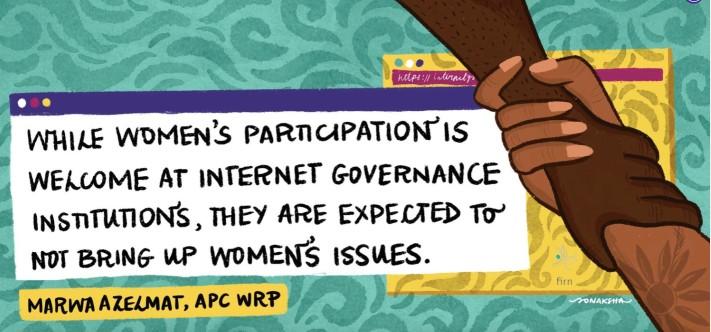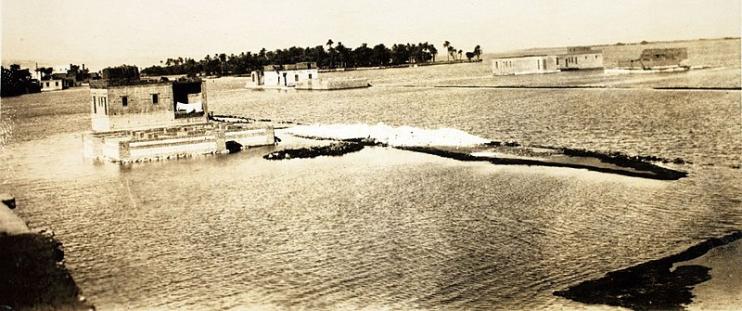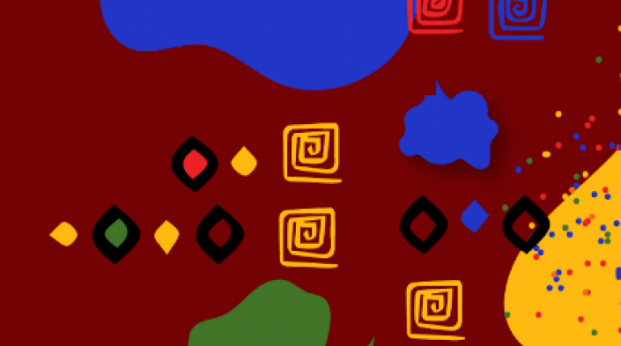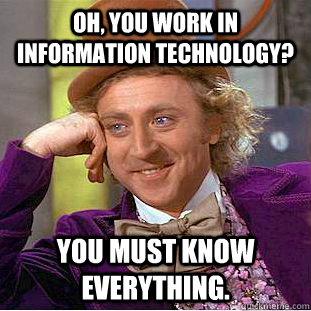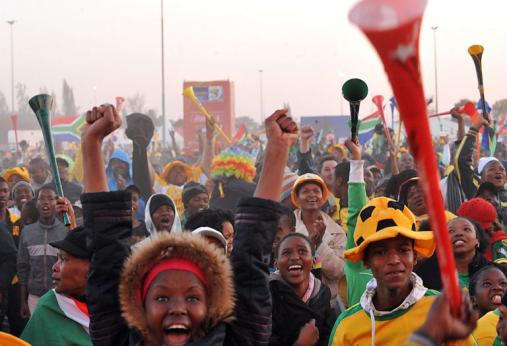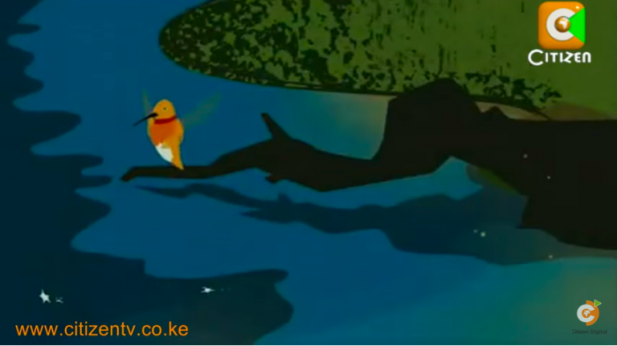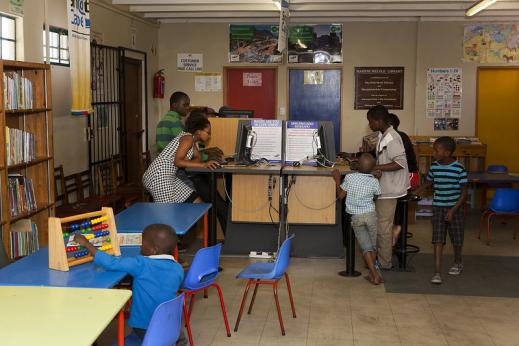It was a beautiful night with the moonlight pouring onto the earth in Arua City away from the usually busy and noisy city of Kampala in late September 2021. That night, I was navigating the internet as usual after a long day of work and I received a rejection email for an opportunity I had applied for. I read the rejection email and said to myself, “Oh well, it is not yet your time, Sandie, perhaps another day or time.” I looked into the mirror in my hotel room and smiled unusually and said to myself, “Girl, it is just a bad day and not a bad life.”
I immediately forgot about the… Read more

